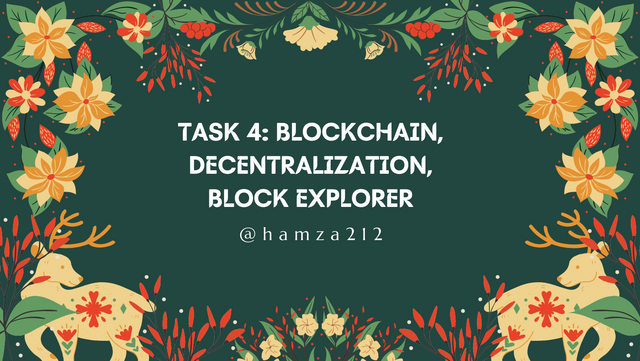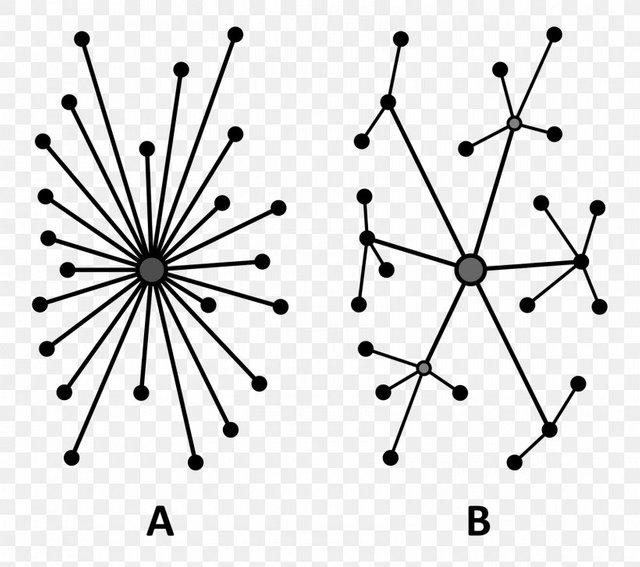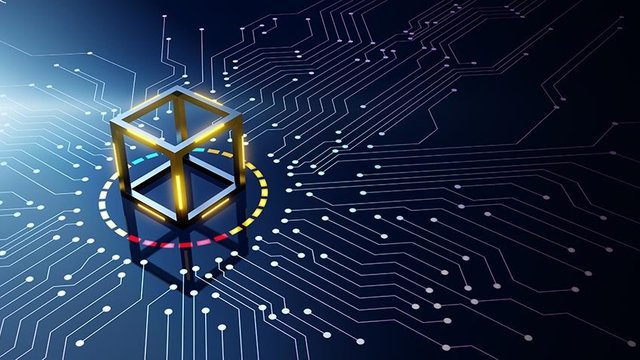
(2) Define decentralization. Describe the advantages and disadvantages of a decentralized system. In what areas of life can a decentralized blockchain be helpful? (write in own words)

Define Decentralization?
Decentralization means the transfer of control or supervision and decision-making from a centralized entity in the form of individuals and organizations, to different individuals who then form a dispersed network. Infrequent networks reduce the level of trust that members have to place in each other and hamper their ability to exercise authority or control over one another in ways that undermine and degrade the functionality of the network. Distributed networks are decentralized and, within them, members are empowered and autonomous to make decisions. A decentralized network does not have a central entity to control and make decisions for it.
A decentralized network consists of individual computers called nodes, which interact with each other directly, peer-to-peer, without the need for external parties. The nodes participating in a decentralized network are independent of each other.
In a decentralized network, data is transferred to all nodes on the network. And each node has the latest version of all data recorded on the network. Data can be transferred in such a way that certain personal information is valid without being transferred to third parties, on a decentralized network. A consensus mechanism is used to validate data in a decentralized network and this implies that other nodes verify the validity of the data before it is accepted. By consensus, the nodes of the mechanism reach an agreement on the validity of the data before it is printed on the blockchain.
Instead of following the instructions given by the authorities, the nodes connect using what are called Common Rules, but they have the sovereignty and freedom to manage their own privacy. This method helps to maintain the security of the decentralized network and at the same time ensures a relative type of governance.
In the blockchain, when a block is full of data, it is spread across all nodes, making it difficult or almost impossible to change the data that has been recorded in the block. In a centralized network, the data can be changed at will in the database, but in a decentralized network, when the data is changed, most of the nodes should receive updates on the changes in a short time so that others can adopt the information.
Decentralized networks can also fail as can centralized systems. However, they are designed to be more fault-tolerant. If one of the nodes fails, the other nodes will continue to provide data and access to users. Even if only one node continues to function, the resource remains active, albeit at a slower rate. This means that damaged nodes can be repaired and any problems fixed while the network continues to function normally. But when faulty nodes appear in a decentralized network, they can affect network performance and limit user access to some data. However, in terms of overall uptime, decentralized networks offer significant improvements.
Another thing is that, by design, decentralized networks allow users to access data quickly. This happens because the owner can create more nodes where user activity is high in different parts of the world. But users are still affected by security and privacy risks, such as centralized networks. Although fault tolerance is high in a decentralized network, the administration is expensive and network maintenance is much more expensive. There is no authority or entity that receives and responds to requests in a decentralized system.
A popular example of a decentralized network is Bitcoin. No individual entity or organization controls or makes decisions on the Bitcoin network. The complete network is the sum of all the nodes that communicate with each other to maintain the number of Bitcoins in the account of each user.

Advantages of Decentralization
Growth is faster because everyone generally feels responsible for the progress of the network and works for its progress.
Faster decision-making process: When network members are allowed to participate in the decision-making process, the consensus is reached faster than waiting for a central authority to decide what is best for them to decision below. This allows for faster results.
Encourage excitement in participation: When people feel that they are not subject to any particular authority or that they must obey the rules set by a central authority, but they can make up their own rules, there is generally more enthusiasm to participate in participation.
There is little chance of the system giving users problems: In a decentralized system, if the arm controlling the system fails or decides not to, it could cause problems for the users before they are fixed. However, decentralized systems are designed in such a way that no one is in charge and everyone is in charge. Therefore, if a certain group of nodes is delayed, other nodes can easily verify transactions and the system continues to function without any problems.
Room for creativity: When everyone in the system has a voice, the system will have a broad set of creative ideas to choose from, leaving room for better and smarter decisions by the system.

Disadvantages of Decentralization
Sometimes the distribution of decision-making power can create a lot of noise and it is difficult to reach a general consensus because different people have different opinions and everyone wants their opinion to be voted on. The growth process could be slowed down for this.
Difficult to manage: Since there is no central authority to enforce the rules and ensure they are followed, this can get a little tricky, as the people in the system are not accountable to anyone but themselves as an entity.
Cost: Since the decision-making process is distributed, the members involved in the decision-making must have a good understanding of the system for the process to be scalable and they should also receive adequate incentives for their contributions. This can make the whole process quite expensive.
Scalability for smaller networks: For this type of process to run as we have seen above, a lot of resources are required for the system to run properly. This may not be possible for smaller networks that are unable to provide the necessary resources and funding to run such a system successfully.

In What Areas of Life can a Decentralized System be Helpful?
Civil service:
The civil service system has suffered a lot of corruption, as the people who occupy the highest positions in the system are accused of placing people who do not have the technical knowledge and those who have the highest voting rights to the grassroots level are not given the space to function properly and independently. If decentralization is introduced into the system, they will be forced to hire more capable hands, and then when everyone in the system is accountable and has a voice, public officials will surely perform better.
Legal System:
In a government justice system, this is an area where decentralization would work well. The decentralization of the sector can create jobs for the much better off, a reduction in the continuous intervention of the highest people because those in lower hierarchies do not have a voice and this can increase their willingness to interpret the laws without fear of the intervention.
Banking
Many people are increasingly angry that they have to place all of their finances with a central authority, which can track your funds, reverse transactions, and sometimes in certain cases confiscate your funds. Sometimes transactions can be very slow and users have no voice. That is one of the reasons why the Defi protocol is increasingly accepted. If the banking system were more decentralized, it would make room for faster transaction speeds and users would feel more responsible for their assets.

Conclusion
Decentralization eliminates the existence of a central authority and places decision-making in the hands of its users. Recently, there has been a great growing interest in decentralization and in some areas like blockchain, it seems to be working. Although it has advantages and disadvantages, the idea shows many prospects for the future.
So many thanks to Sir @yousafharoonkhan for this lecture.


